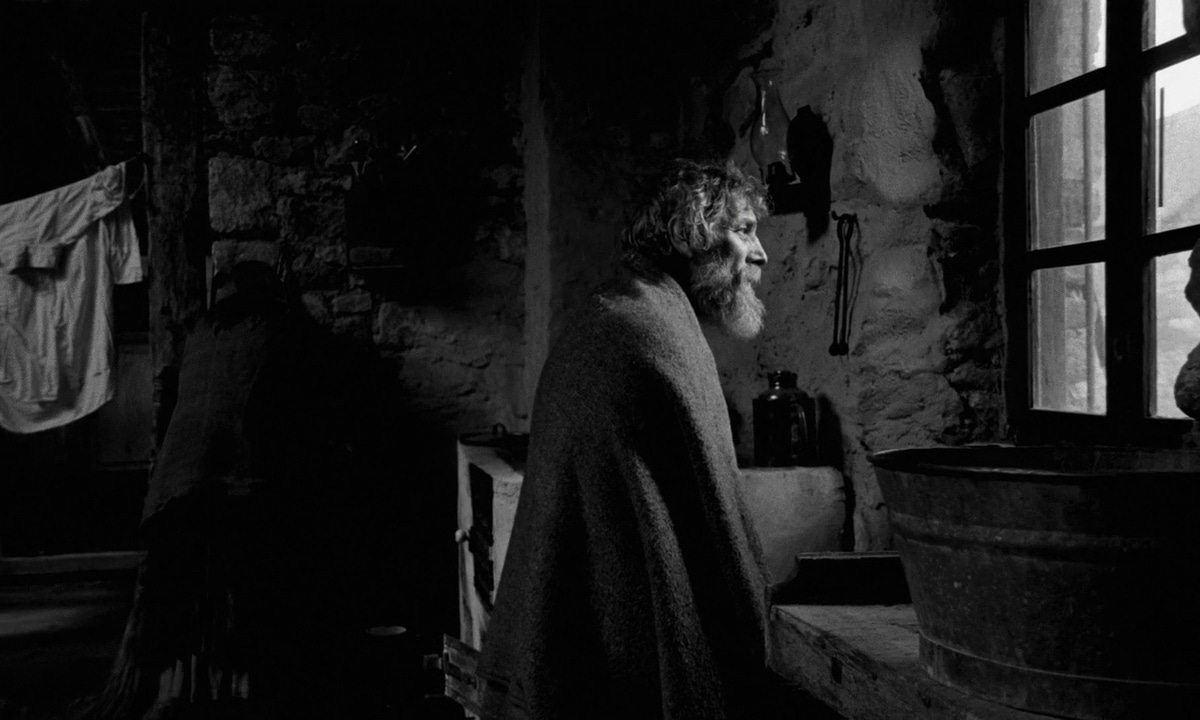What Can We Learn from Béla Tarr's Thought-Provoking Quotes?
Béla Tarr on Stories, Film Culture, Hollywood, Filmmaking, People, and More...
When I first became acquainted with Andrei Tarkovsky's cinema about eight years ago, I began researching not only Tarkovsky but also the hunt for slow cinema, if that is what it is called.
I discovered the legendary Béla Tarr and gave his last picture, The Turin Horse, a chance because it was his last film. As a viewer, I was astounded to learn that by keeping the frame stable and moving it—even slightly—with enough passion and as slowly as possible, you can demonstrate the magic of filmmaking and its effect.
Tarr is undeniably a master, and his collection of work will continue to inspire people even though he's stopped making films. His films are not for everyone, but they should be given a chance, as I did.
If Tarkovsky moves his camera in one direction, Tarr moves it the opposite way, and with extreme slowness. There is beauty in the slowness, as well as in leaving the camera unmoved.
Here are some thought-provoking quotes from the man himself:
“I really don't think when you do a movie that you have to think about the story. The film isn't the story. It's mostly pictures, sounds, and a lot of emotions. The stories are just covering something.”
“With Damnation, for example, if you're a Hollywood studio professional, you could tell this story in 20 minutes. It's simple. Why did I take so long? Because I didn't want to show you the story. I wanted to show this man's life.”
“I despise stories, as they mislead people into believing that something has happened. In fact, nothing really happens as we flee from one condition to another. Because today there are only states of being—all stories have become obsolete and clichéd and have resolved themselves. All that remains is time. This is probably the only thing that’s still genuine—time itself: the years, days, hours, minutes, and seconds. And film time has also ceased to exist, since the film itself has ceased to exist. Luckily there is no authentic form or current fashion. Some kind of massive introversion, a searching of our own souls, can help ease the situation.”
“Most of the movies are working like, 'Information, cut, information, cut, information, cut,' and for them the information is just the story. For me, a lot of things are information—I try to involve the movie, the time, the space, and a lot of other things—which are a part of our life but not directly connected to the storytelling. And I'm working on the same way—'information, cut, information, cut'—but for me the information is not only the story.”
“If you have 35 people and 35 totally different histories, their visions and realities are different. We have Shintos, Hindus, Buddhists, Muslims, and all the religions. How can you say “this is the education,” and how can I say “this is the direction”? Everybody is different and you have to find a key for everybody. And that is my job, to find it personally and that’s why it is so hard. You need all your empathy to find it.”
“You know what, a film is just a film. What I want is for you to go to a cinema, sit in the darkness, and watch it, and when you leave, how are you? Are you better? Do you feel stronger? Did you get something? Or are you just the same as you were when entering the cinema? And that’s all.”
“Honestly, we are in the same boat. The film culture is one unit, including documentary, animation, feature films, film historians, and film magazines—it has to be one unit. And we cannot say that one thing is more important than the other. That’s stupid. Of course, film critics have a very important job—they have to understand us.
When I have a problem with film critics, it is when they do not know how we are making films. We do not have the same vocabulary. Sometimes, I have a feeling I need to invite film critics to push a truck with a dolly just to see it—what it is—to understand our language. When I will be teaching in my school, I would like to take cinematographers, some actors, and film journalists in as well since they have to be all together.”
I wrote a piece about The Turin Horse, arguing that we, too, can be radicals like Tarr, and also shared an interesting monologue from the film about a debased world. Give it a read, if you like.
An Interview with Béla Tarr:











